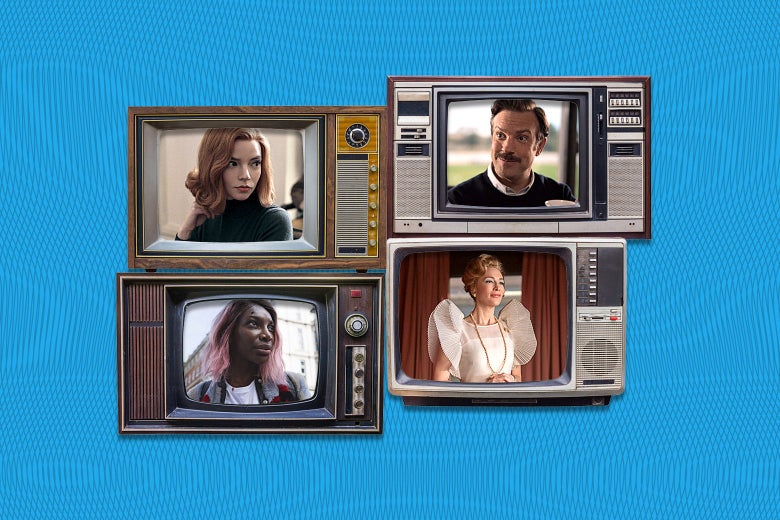
Slate has relationships with various online retailers. If you buy something through our links, Slate may earn an affiliate commission. We update links when possible, but note that deals can expire and all prices are subject to change. All prices were up to date at the time of publication.
2020 was not a great year—even for television. There was a tremendous amount of TV shows, most of which were fine; some of which, despite not even being all that fine, hit the strange, stressful, contained spot we all found ourselves in; and some of which that were, you know, good. For the purposes of this list, when I say “good” I mean “the shows I most enjoyed,” a deeply fuzzy determination based on the series’ ambition, uniqueness, and, like, how much I wanted to watch it. This list contains a number of shows—including the first two—that I would absolutely describe as the year’s “best,” but it’s also peppered with shows I would primarily describe as personal faves. Would I have loved Ted Lasso so much in another year? I truly don’t know. All I know is, in this one, it felt like balm.
1. At the end of the first episode of I May Destroy You, creator, writer and star Michaela Coel’s character, Arabella, is drugged and raped in a bar. The rest of the series, inspired by Coel’s own experience, follows Arabella as she tries to process what happened—and so much else. I May Destroy You explores consent in various permutations, but it also digs deep on Arabella, a charismatic, talented, tempestuous, brilliant and undisciplined writer, friend, goof, lover, drug taker, social media influencer, and artist in the making. In a year when people prized escape, I May Destroy You offered something tougher and more hopeful: the possibility you just might be able to wring something meaningful out of the awful past.
2. In a year full of popular documentary series, City So Real is better than all the rest of them. Loosely arranged around the 2019 Chicago mayoral race, it plays fly on the wall in neighborhoods all over the city. At protests, campaign rallies, barbershops, bars, city meetings, restaurants, campaign offices, dinner parties, radio stations, and dingy administrative rooms, a cross section of indelible Chicagoans, so distinctive they wouldn’t feel out of place in fiction, talk about their hard-nosed home and its intricate politics. The show is sprawling and yet as perfectly assembled as a jigsaw puzzle. Put together, it gives the full scope of a flawed, challenging, changing city and its stubbornly devoted residents.
3. The character Ted Lasso (Jason Sudeikis) first popped up in a series of sports promos, but he reappeared in the full-fledged series Ted Lasso just in time to counterprogram the state of the world. Lasso, basically the nicest guy in existence, knows nothing about soccer when he takes over a British football club, but no matter, he knows human beings. With his emotional know-how, can-do attitude, kindly good spirits, down-home charm, and warm, fuzzy personality (and mustache), he wins over the excellent British supporting cast who, surprise surprise, are all lovely deep down, too. It’s a fantasy of American decency and British patience for cornpone jokes that I found irresistible.
The Great Pottery Throw Down
Streaming on Hulu with HBO Max subscription
4. Three seasons of The Great Pottery Throw Down, a craft competition show that’s basically The Great British Clay-Off, arrived on HBO Max all at once this year. The artistry on the show leaves a little to be desired—the tension between utility and inspiration tilts toward the former—but I’m a sucker for watching people make things, and there’s something particularly hypnotic about people pulling shapes out of lumps of whirring clay. The show also has Keith Brymer Jones, a bulky master potter with a molting Flock of Seagulls hairstyle who is the anti–Paul Hollywood. Instead of macho shtick and a crushing congratulatory handshake, he tears up at the contestants’ accomplishments, not only when they do great work, but when they exceed themselves.
5. Mrs. America tells the story of the failed fight to pass the Equal Rights Amendment, when equality and second-wave feminists were both bested by the driven and polarizing Phyllis Schlafly (Cate Blanchett). Big picture, it’s a slow-motion tragedy, but episode by episode it’s juicy and thrilling to watch, and chock-full of wonderful performances. It focuses not only on Schlafly but on women’s movement boldface names like Gloria Steinem (Rose Byrne), Shirley Chisholm (Uzo Aduba), Bella Abzug (Margo Martindale), and Betty Friedan (Tracey Ullman), who were trying to do so much for so many that they were undone by a woman on a mission to remake female equality into the bipartisan issue it remains today. Mrs. America perhaps makes the mistake of framing Schlafly as primarily an opportunist, not exactly an ideologue, but it gets across its gutting point: In this instance, the past isn’t prologue, because it’s not even past.
The Good Lord Bird
Streaming on Hulu with Showtime subscription
6. If you were to imagine in a vacuum what a premium cable miniseries about the life of the abolitionist John Brown might look like, you’d almost surely imagine something much stuffier and more sober than The Good Lord Bird. With the award-winning James McBride novel as a guideline, this drama takes the most serious of subjects, America’s peculiar institution, and explores it with intelligence, verve and wit. The story is told from the perspective of Onion (Joshua Caleb Johnson), the young Black boy who joins Brown’s (Ethan Hawke) ragtag group, and whom Brown, blind to the basics of the people’s he’s devoted his life to helping, spends the whole series believing to be a girl. Hawke is incredible as Brown, a loony force of nature, long-winded, hilarious, intermittently gentle, and terrifying, spitting brimstone and, well, spit. He’s part of the show’s no-sacred-cows approach to history, in which even the righteous can be ridiculous, stumbling blindly through time, but that doesn’t make them any less right.
7. The Queen’s Gambit opens like it’s going to be a brooding gothic about abandonment, addiction, and loneliness, only to renege and deliver something more straightforwardly satisfying: a superhero story about genius, community, and chess. The show is a realist fantasy, where all the details—the period wallpaper, the interior design, the gameplay—are accurate, but the misogyny has gone missing, with men falling all over one another to help Beth Harmon, the genius who just defeated them. Whether that’s inspiring or facile, it’s a blast. It also features a very strong supporting cast whose standouts include the director Marielle Heller as Beth’s loving, enabling adopted mother, and a shockingly charming human string bean.
8. Bluey, an animated Australian children’s show about a family (who happen to be dogs), is the most playful, sweet, wholesome, nondidactic and—why it is on this list!—least annoying children’s show on television.
9. Netflix’s docuseries Cheer premiered at the very beginning of January, so basically, the distant past. In the interim so much has happened, including the disturbing and distressing allegations involving one of the leads, the show’s emotional center. It’s hard to reconcile, but so was the show itself, a study of the grueling lengths young adults will go to in order to belong to something bigger than themselves. Is it worth it? Should the adult in charge know better and push less? Are the demands being put on their bodies—the concussions, the broken limbs—teaching them self-discipline, or just giving them a lifetime of ailments? And why was it impossible (for me, anyway) not to get caught up in its sports-movie-triumph narrative?
10. This is a bit of a list trickery, in which I use the pesky 10th slot as an alert more than anything else: If you or anyone you know has ever enjoyed a teen drama that aired on the WB or UPN, or knows a current teen who seems like they would dig that kind of thing, may I please introduce you to Netflix’s Teenage Bounty Hunters, essentially a lost WB show just waiting for a time slot before Buffy, Veronica Mars, Dawson’s Creek, or Felicity. Two fraternal twin sisters—one naughty, one nice, but swapping roles all the while—who attend a Christian high school start a sideline as bounty hunters after crashing their dad’s car. It’s a case-of-the-week show, a teen show, a family mystery show, and it’s scrappy and plucky and full of banter, a lighter-side Veronica Mars. It also addresses one of the great concerns of my youth: whether all those WB shows could have had bigger audiences if only they’d been on different channels (the answer, apparently, is no.) Netflix didn’t pick this show up for a second season, which means, in great WB fashion, this show already has the makings of a cult classic.
"best" - Google News
December 08, 2020 at 02:42AM
https://ift.tt/39No1pC
The Best TV of 2020 - Slate
"best" - Google News
https://ift.tt/34IFv0S
Bagikan Berita Ini
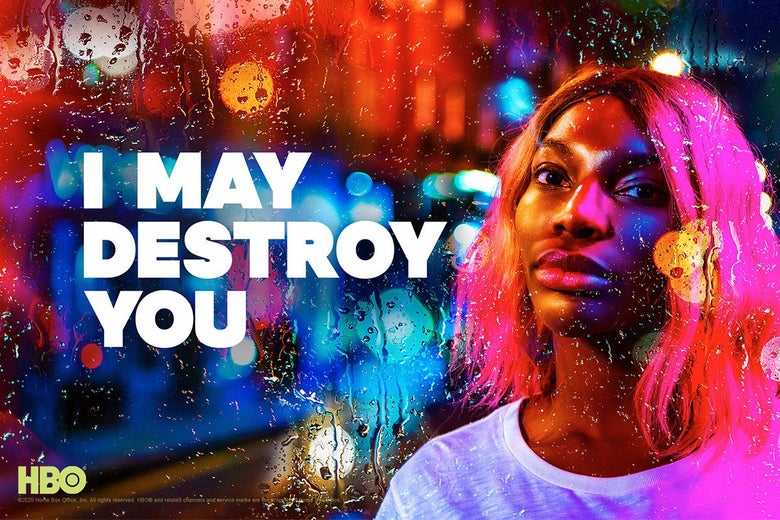
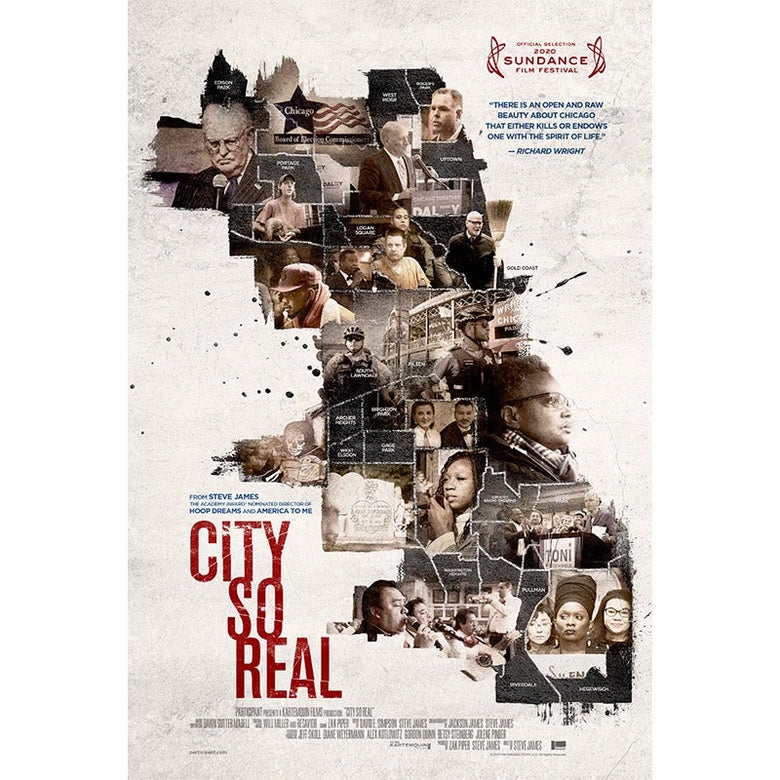
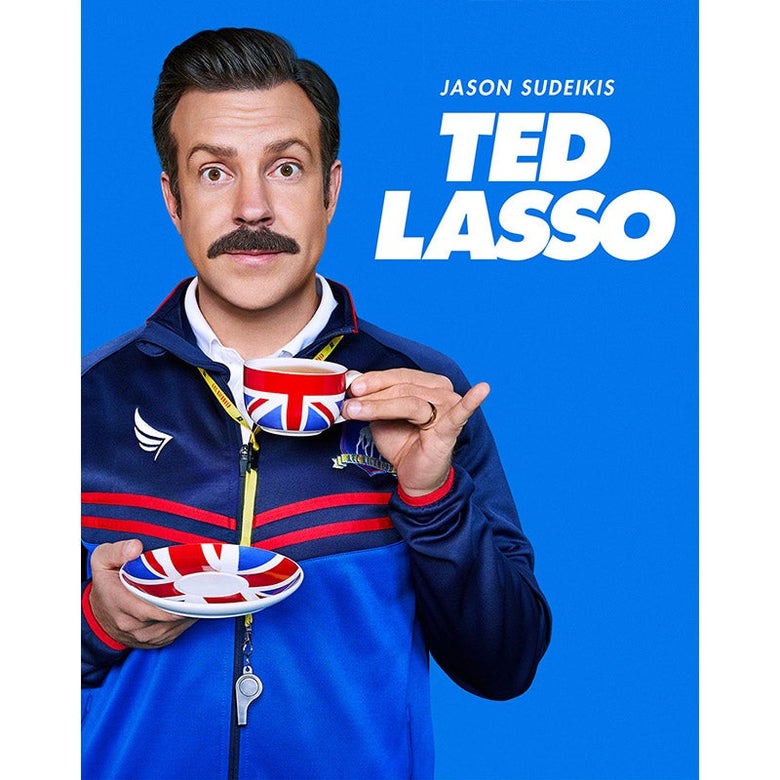
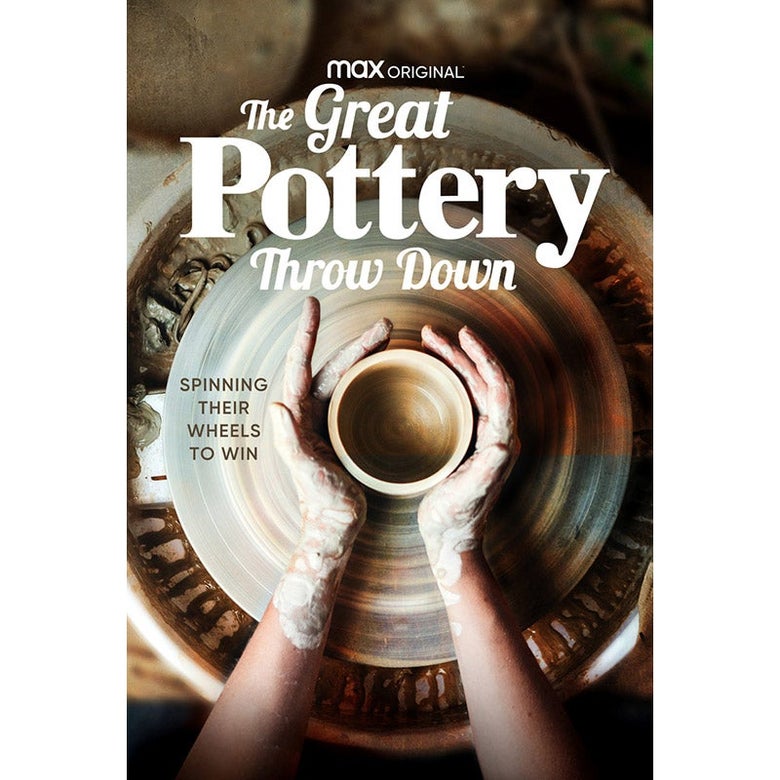
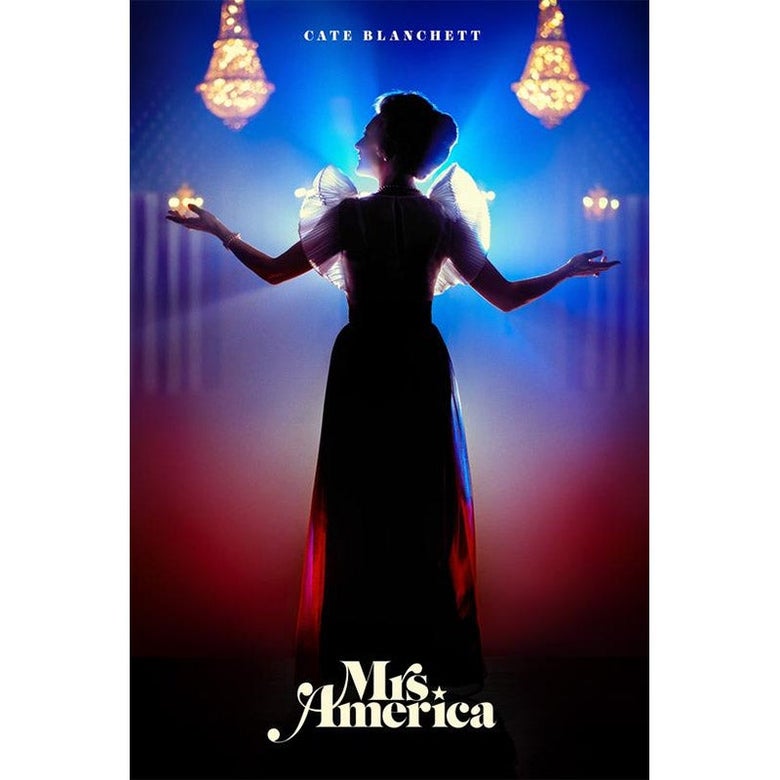
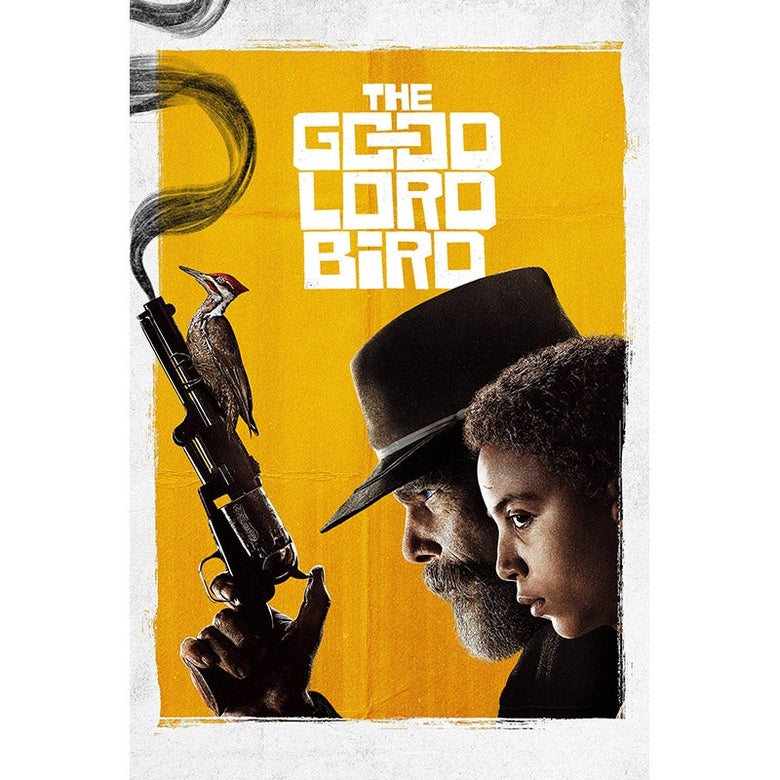
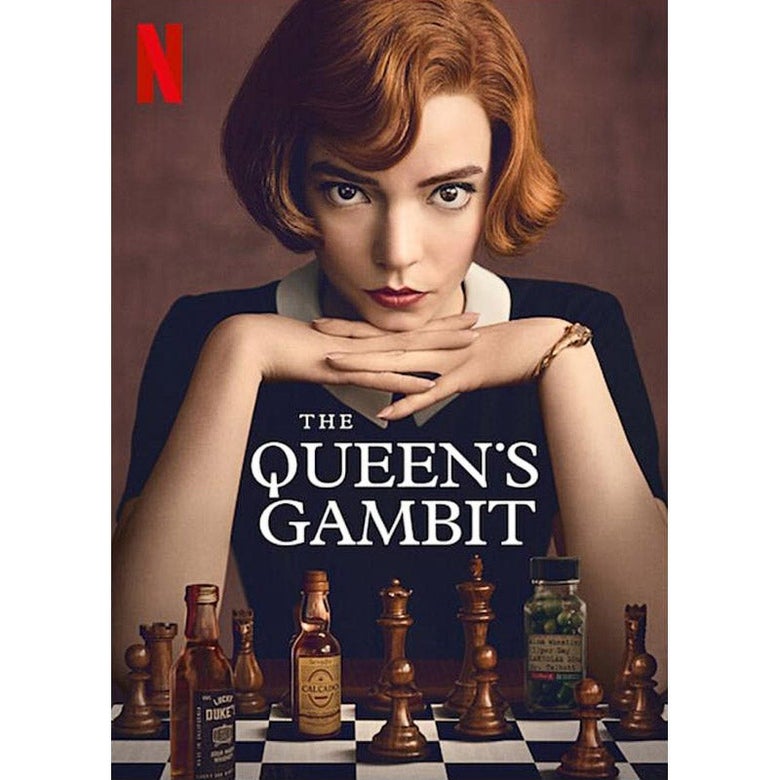

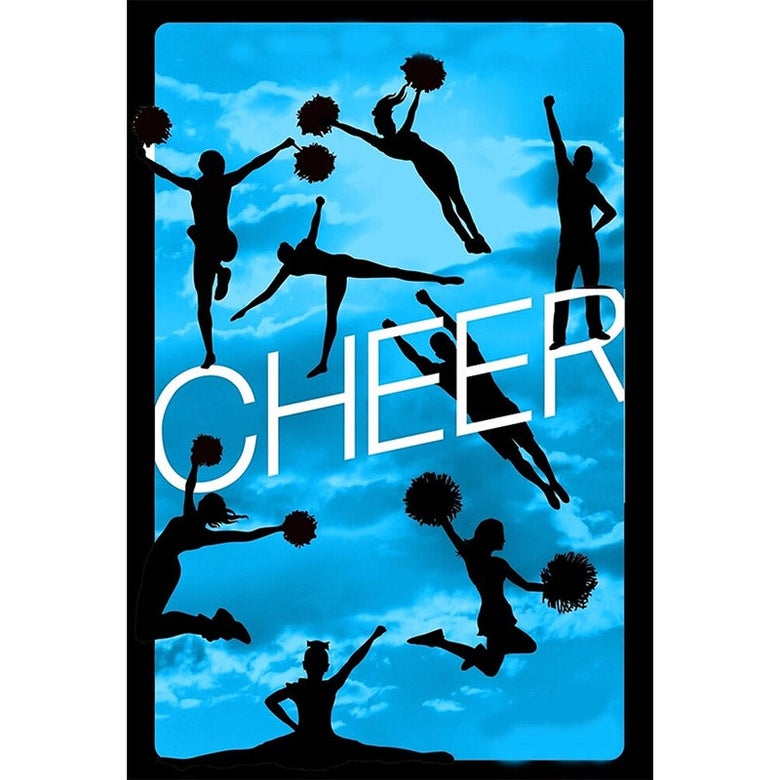
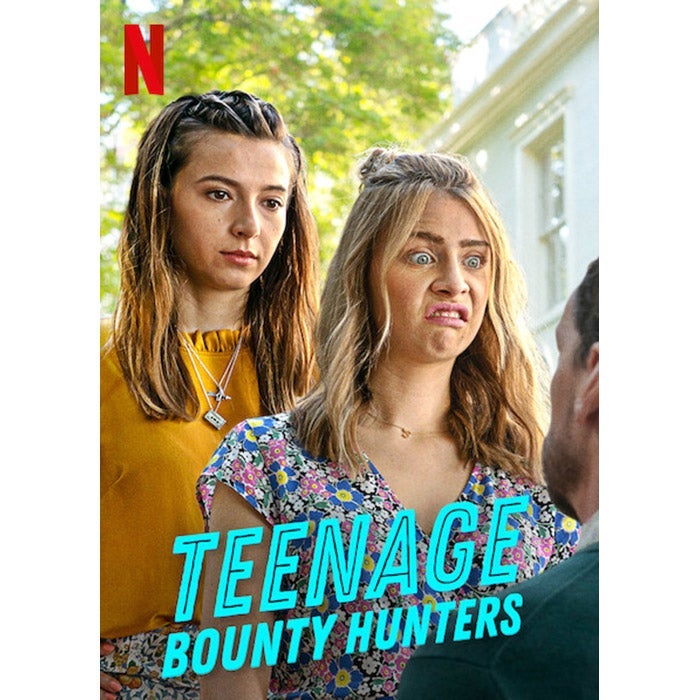














0 Response to "The Best TV of 2020 - Slate"
Post a Comment